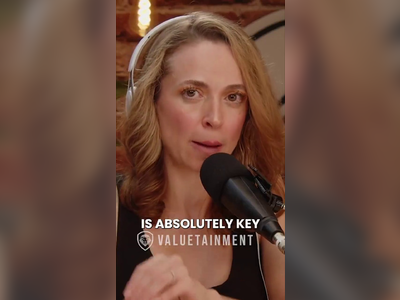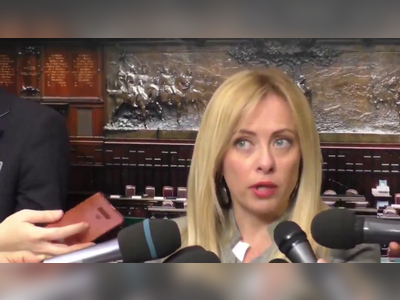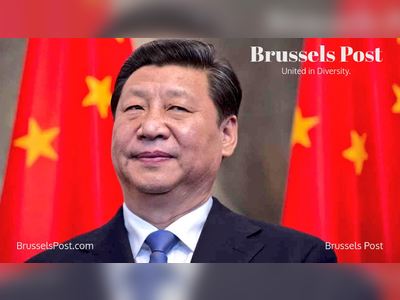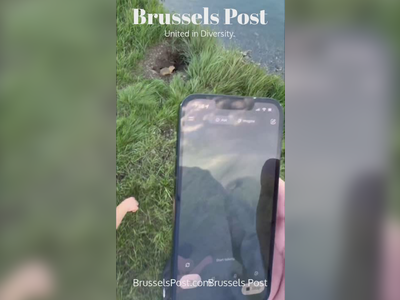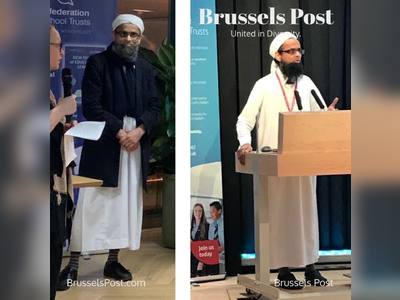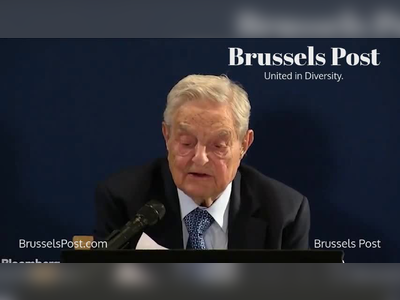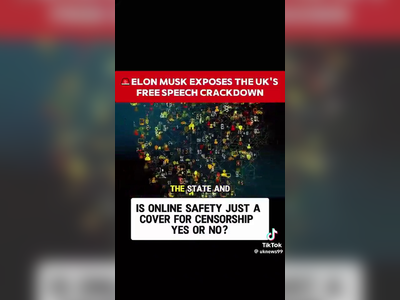UK's Online Safety Law: A Front for Censorship
Don’t mistake this for benevolent regulation. It’s the latest example of how contemporary left‑wing governments promise tolerance and justice — and deliver the very censorship they claim to oppose.
A Shield for Children — or a Gag on Dissent?
The government claims the law is designed to shield minors from pornography and other harmful material. Platforms must now enforce mandatory age verification, filter sensitive content, report specified categories, and face penalties for failures.
However, critics—ranging from public figures across the political spectrum to industry voices—warn that these mechanisms can be repurposed. Under the guise of protecting youth, the state gains the power to suppress voices that challenge authority.
Political Targets in Plain Sight
Since the law passed, international critics—including Donald Trump, Senator J.D. Vance, and Elon Musk—have accused the UK of using the legislation to marginalise political opposition. They argue that platforms can selectively enforce rules to silence critics, removing content and restricting commentary that challenges the government’s official narrative.
Child Safety vs Civil Liberties
Age verification and content moderation are not inherently problematic. The concern arises when such tools become mandatory and opaque: platforms must err on the side of removal, incentivising over-compliance. What begins as an effort to reduce exposure to harmful content can swiftly devolve into a mechanism to mute political speech deemed "extremist" or "misinformation."
Privacy advocates, legal analysts, and digital rights organisations have voiced alarm at the potential for misuse. The law creates novel obligations for content takedown, data reporting and policing of user behaviour—raising urgent questions about surveillance, transparency, and who decides what counts as harmful.
Global Tensions Over Digital Governance
The UK joins a growing group of states grappling with digital regulation: balancing online safety with freedom of expression. Yet unlike countries where authoritarian regimes use broad censorship laws, the UK frames its law as a progressive measure. This contrast makes resistance difficult—too often, the law is sold as a child safety initiative, not state control.
International commentary underscores the paradox: protections for one group—children—become affordances for censoring another group—citizens holding dissenting views.
Transparency and Oversight Remain Unchecked
While the government defends the law as essential, there are no established independent review bodies empowered to assess enforcement, investigate misuse, or balance rights with regulation. Civil society and media groups point to this as a central flaw. Oversight mechanisms are either underdeveloped or missing entirely.
A Law of Control, Dressed as Care
Platforms and users are now required to follow state-mandated rules with limited recourse. The technical burden of compliance disproportionately affects smaller services—driving them toward conservative moderation to avoid penalties.
So-called protections for children become structural obstacles to robust public discourse. They incentivise restraint over resistance, obedience over questioning.
A Broader Trend, Not an Isolated Case
This legislation is part of a larger international trend: governments harnessing digital safety laws to restrict speech. Whether in the UK or beyond, the pattern repeats: promise of safety, followed by tools for control.
When the world listens to the rhetoric, it hears care. When it watches the code—mandatory filters, opaque oversight, stiff penalties—it sees strings guarding power more than children.

